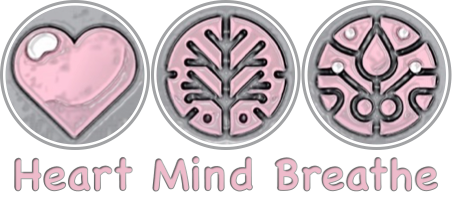Mindfulness has its roots within the ancient philosophy of Buddhism dating back 2700 years. Its essence arises from tradition devoted to understanding suffering and finding ways to relieve or end it.
The recent surge in mindfulness’s popularity, what might be called an explosion, should not be viewed in isolation from this tradition. Rather, it reflects a continued effort to make these teachings accessible to an ever-widening audience.
Mindfulness first entered the secular sphere through healthcare, notably via the work of Jon Kabat-Zinn, a PhD researcher at UMAS Medical Centre. Around thirty years ago, Kabat-Zinn developed a rigorous, sytematised, and evidence-based approach to treating stress and chronic pain. His work has since expanded into diverse fields including education, sports, psychotherapy, the prison service, government, and support for military veterans.
In healthcare, mindfulness now underpins a range of psychological modalities such as MBCT (Mindfulness-Based Cognitive Therapy), ACT (Acceptance and Commitment Therapy), SE (Somatic Experiencing), and DBT (Dialectical Behaviour Therapy), to name a few. Through these approaches millions of people are engaging with mindfulness whether made explicit or not.
Its widespread adoption across society is driven by a growing body of replicated, evidence-based research demonstrating its effectiveness in alleviating symptoms of depression, anxiety, eating disorders, sleep disturbances, phobias, stress, high blood pressure, chronic pain, and ADHD.
Helping people free themselves from suffering remains the broader context in which we live, practice and teach mindfulness today.





